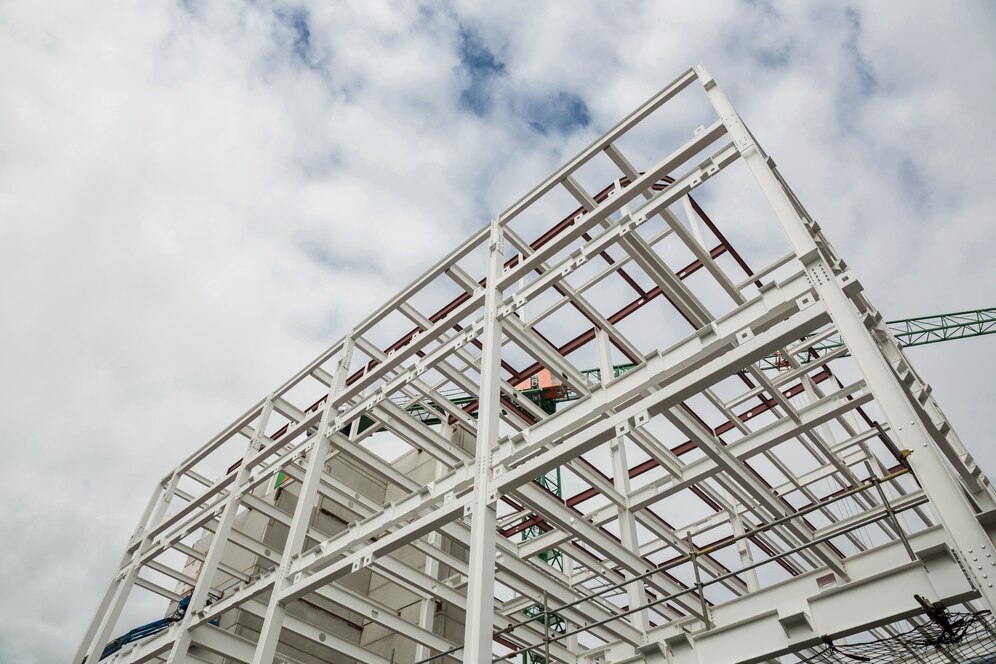Think about it—what if there was a material that could change the way we approach construction? Imagine something that’s not only strong and durable but also light, eco-friendly, and easy to work with. Well, that’s what aluminum framing brings to the table, and it’s setting a new standard in the world of modular construction. But why exactly is aluminum framing considered the future? Let’s dig into the reasons why this material is making waves and why it’s here to stay.
Resisting Rust for Long-Lasting Durability
When it comes to construction, durability is key. Aluminum framing excels in this area, especially when compared to traditional materials like steel. One of the standout features of aluminum is its resistance to rust. While steel may corrode over time, aluminum stays strong and intact, even in harsh environments. This rust resistance makes aluminum framing a long-lasting solution for various construction projects.
Using extruded aluminum framing means less maintenance and fewer replacements over the years. This is particularly important for projects exposed to the elements or in areas with high humidity. The longevity of aluminum framing material ensures that structures remain sturdy and reliable for decades, saving both time and money in the long run. It’s no wonder more builders are turning to aluminum for modular construction needs.
Speedy Assembly for Quick Turnaround Projects
In today’s fast-paced world, time is of the essence, especially in construction. Aluminum framing offers the advantage of speedy assembly, making it ideal for projects that require a quick turnaround. The lightweight nature of aluminum means it’s easier to handle, transport, and assemble on-site, which significantly reduces construction time.
T-slot aluminum, in particular, is a game-changer in modular construction. Its design allows for quick and easy assembly, as components can be slid into place without the need for complex tools or welding. This efficiency not only speeds up the construction process but also minimizes labor costs. For projects on tight deadlines, aluminum framing is the go-to choice for getting things done efficiently without compromising on quality.
Eco-Friendly Recycling That Reduces Waste
Sustainability is more than just a buzzword; it’s a necessity in modern construction. Aluminum framing stands out as an eco-friendly option due to its recyclability. Unlike other materials that may end up in landfills, aluminum can be recycled indefinitely without losing its quality. This makes aluminum framing material a responsible choice for builders who prioritize environmental impact.
The process of recycling aluminum consumes far less energy than producing new material, which further reduces the carbon footprint of construction projects. By choosing extruded aluminum framing, builders can contribute to a circular economy where resources are reused rather than wasted. This eco-friendly approach not only benefits the environment but also aligns with the growing demand for sustainable construction practices.
Flexible Design Adaptable to Any Construction Need
One of the most exciting aspects of aluminum framing is its flexibility in design. Whether you’re constructing a commercial building, a residential space, or even a custom modular structure, aluminum framing can adapt to any need. Its versatility makes it suitable for a wide range of applications, from load-bearing walls to intricate architectural features.
T-slot aluminum adds another layer of adaptability. This type of aluminum framing allows for modular components that can be easily adjusted, expanded, or reconfigured as needed. The ability to customize and adapt the design throughout the construction process gives architects and builders the freedom to innovate without being constrained by rigid materials. This flexibility is what makes aluminum framing a preferred choice for modern, dynamic construction projects.
Energy Efficiency That Keeps Costs Low
Energy efficiency is a top priority in construction, and aluminum framing plays a significant role in achieving this goal. Aluminum is an excellent conductor of heat, which can be a disadvantage in certain situations. However, when combined with proper insulation techniques, aluminum framing can contribute to a highly energy-efficient structure.
The lightweight nature of aluminum framing material also means that less energy is required to transport and install it, further reducing the overall energy consumption of a project. Over time, the energy savings achieved by using aluminum framing can lead to lower operational costs for the building. This makes it an attractive option not only for its immediate benefits but also for its long-term financial savings.
